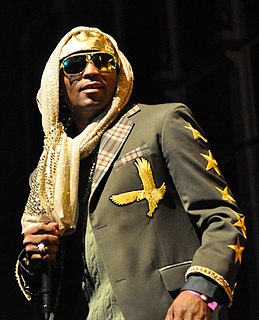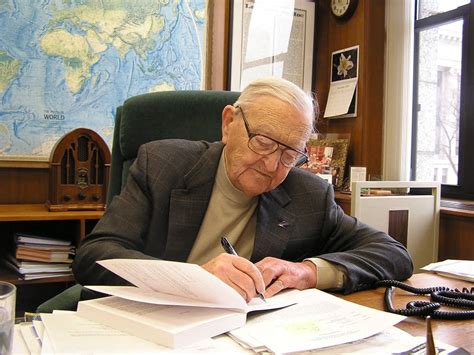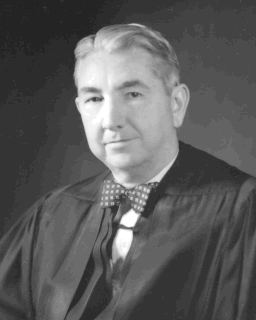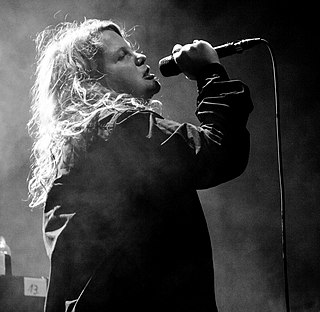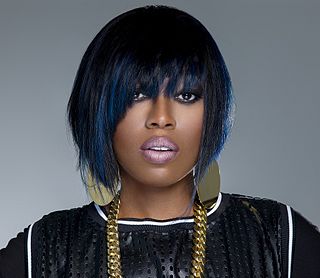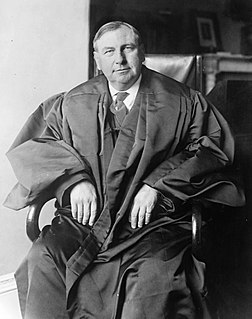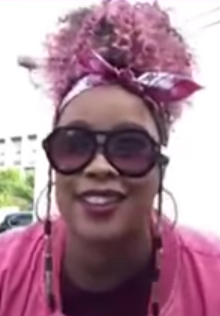A Quote by Cormega
Related Quotes
Imposition of the death penalty is arbitrary and capricious. Decision of who will live and who will die for his crime turns less on the nature of the offense and the incorrigibility of the offender and more on inappropriate and indefensible considerations: the political and personal inclinations of prosecutors; the defendant's wealth, race and intellect; the race and economic status of the victim; the quality of the defendant's counsel; and the resources allocated to defense lawyers.
This is what rhyme does. In a couplet, the first rhyme is like a question to which the second rhyme is an answer. The first rhyme leaves something in the air, some unanswered business. In most quatrains, space is created between the rhyme that poses the question and the rhyme that gives the answer - it is like a pleasure deferred.
In 1967, in DeKalb v. DeSpain, a court (255 F.Supp. 655. N.D.Ill. 1966.) took a 4-line nursery rhyme used by a K-5 kindergarten class and declared the nursery rhyme unconstitutional. The court explained that although the word 'God' was not contained in this nursery rhyme, if someone were to hear the rhyme, he might think that it was talking about God - and that would be unconstitutional!
The best crime stories are always about the crime and its consequences - you know, 'Crime And Punishment' is the classic. Where you have the crime, and its consequences are the story, but considering the crime and the consequences makes you think about the society in which the crime takes place, if you see what I mean.
If a juror feels that the statute involved in any criminal offence is unfair, or that it infringes upon the defendant's natural god-given unalienable or constitutional rights, then it is his duty to affirm that the offending statute is really no law at all and that the violation of it is no crime at all, for no one is bound to obey an unjust law.

